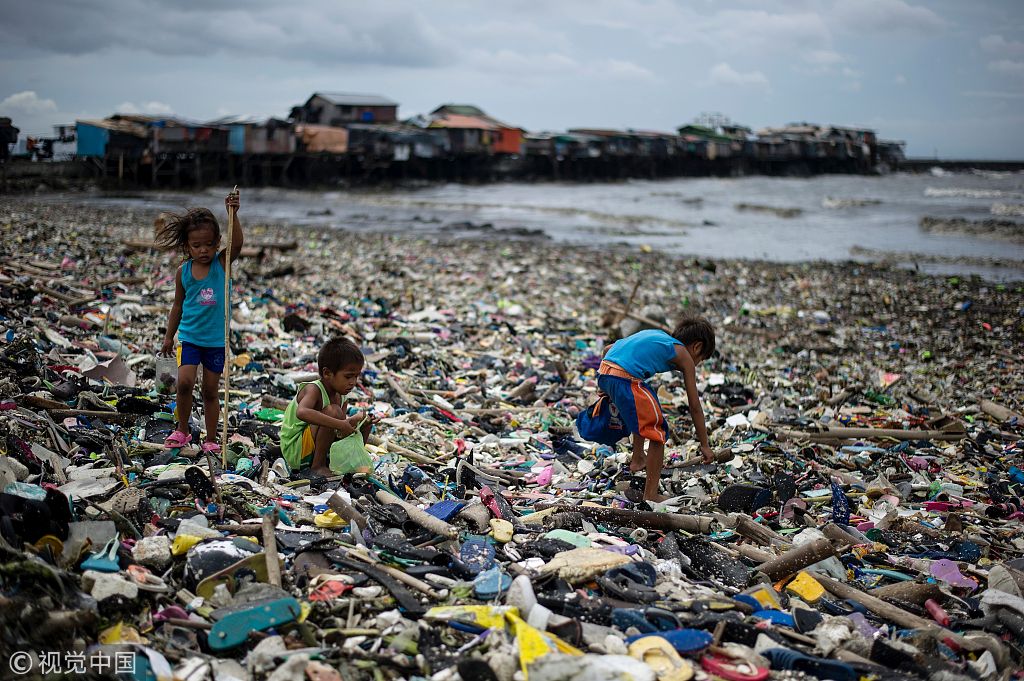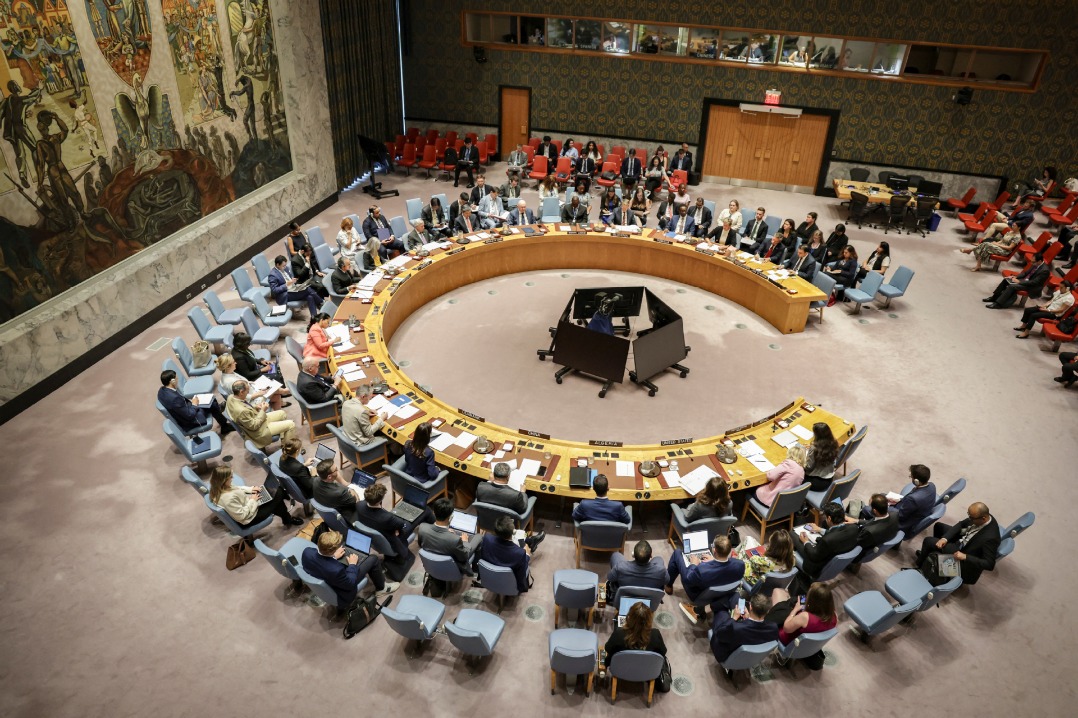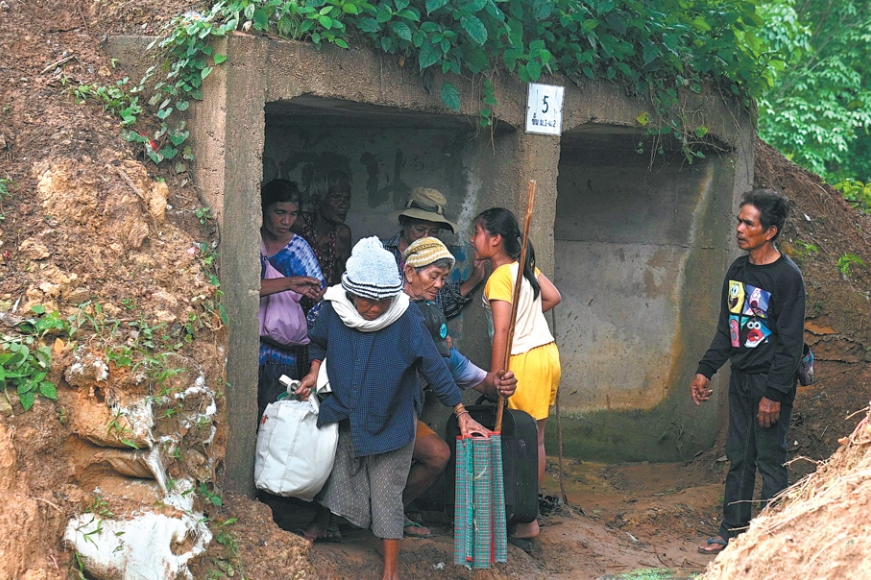Report warns of severe impact on biodiversity


A comprehensive new report highlights the catastrophic consequences of a relentless focus on economic growth, business and trade.
Between 1970 and 2016, the world's population doubled as the value of agricultural crop production grew three times, the global economy quadrupled, and trade expanded 10 times over.
"Nature across most of the globe has now been significantly altered by multiple human drivers, with the great majority of indicators of ecosystems and biodiversity showing rapid decline," notes a summary of the 1,500-page from the United Nations' Intergovernmental Science-Policy Platform on Biodiversity and Ecosystem Services.
The Global Assessment Report on Biodiversity and Ecosystem Services provides valuable insight into how devastating the current focus is.
"The problem is that we have not placed enough value on environmental amenities. Governments have been more preoccupied with other issues like income generation, as compared to nonmarket goods," He Guojun, an assistant professor in the Department of Economics at Hong Kong University of Science and Technology, told China Daily.
He said developed countries shouldering a wider responsibility could provide incentives and compensation to less-developed countries, encouraging them to focus on environmental protection.
Steve Blake, chief representative for environmental group WildAid China, told China Daily that in most circumstances, "expanding economic activity is still favored over conservation".
"Two major areas leading to such rapid biodiversity loss are land use for agriculture and unsustainable fisheries. These both tie directly back to our individual behavior and consumption choices," said Blake.
As things stand today, any conservation and sustainability goals set for 2030 are not going to be met. The only way forward is through "transformative change across economic, social, political and technology factors", he said.
If implemented fast enough, better policies could help meet societal goals and better protect the environment. While Blake has modest expectations about change resulting from the report alone, he feels it offers a valuable global picture of the state of biodiversity.
"Coming from the UN, its findings can be better accepted without the perceived bias of reports from other organizations or individual countries," said Blake.
He says the resulting media attention would also drive important discussions.
Others say all hands need to be on deck.
Charles Bedford, regional managing director for Asia Pacific at The Nature Conservancy, told China Daily: "With the right tools, we believe key sectors - such as infrastructure, energy and agriculture - will also be part of the shift toward a more sustainable path.
Bedford feels that "business-as-usual" is not an option. "We all need to do more and we need to do it right now. Charting a sustainable path will require more funding and collaboration than ever before," he said.
"By combining science and proven strategies with innovative new financial and policy mechanisms, we can find solutions that work with, and not against, nature."
The numbers tell much of the story: three-quarters of the world's land surface has been "significantly altered", two-thirds of oceans have been affected, and 85 percent of wetland area has been lost.
About 32 million hectares of primary forest were lost between 2010 and 2015, half of all coral reefs are dead, the number of native species in land and water around the world has fallen by one-fifth in a little more than a century, and insect population declines are well documented.
WildAid's Blake noted that China's championing of an "eco-civilization" model is one of the few instances where the environment is starting to be given equal importance.
"Comprehensive and damning reports like this make it clear that we truly need transformative change across these sectors," said Blake.
"Again, China is showing the strongest political will to make this happen so far, so I expect that out of the world's major economies we'll see it happen here first."
The authors are freelance writers for China Daily.

































